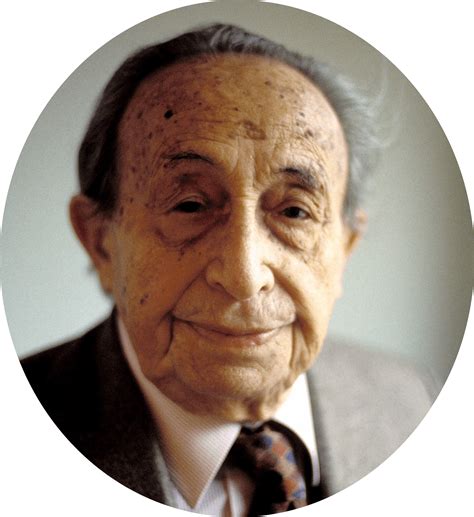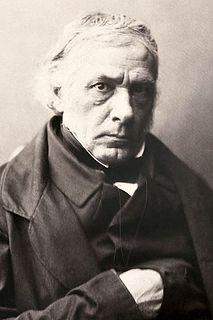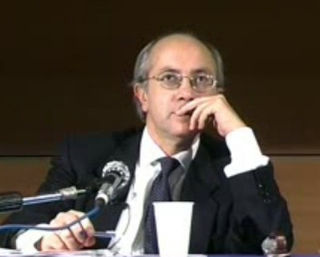A Quote by Hans Jonas
Unlike the interference of ordinary interest, power, or prejudice, which touches philosophy only at its outskirts and becomes at most a matter for philosophical tactics, the claim of revelation to the highest truth touches philosophy at its core and must affect its whole strategy.
Related Quotes
Logical investigations can obviously be a useful tool for philosophy. They must, however, be informed by a sensitivity to the philosophical significance of the formalism and by a generous admixture of common sense, as well as a thorough understanding both of the basic concepts and of the technical details of the formal material used. It should not be supposed that the formalism can grind out philosophical results in a manner beyond the capacity of ordinary philosophical reasoning. There is no mathematical substitute for philosophy.
When we read with attention the poetical and philosophical monuments of the East--above all, those of India, which are beginning to spread in Europe--we discover there many a truth, and truths so profound, and which make such a contrast with the meanness of the results at which European genius has sometimes stopped, that we are constrained to bend the knee before the philosophy of the East, and to see in this cradle of the human race the native land of the highest philosophy.
Morality must be the heart of our existence, if it is to be what it wants to be for us. The highest form of philosophy is ethics. Thus all philosophy begins with "I am." The highest statement of cognition must be an expression of that fact which is the means and ground for all cognition, namely, the goal of the I.
In philosophy, when we make use of false principles, we depart the farther from the knowledge of truth and wisdom exactly in proportion to the care with which we cultivate them, and apply ourselves to the deduction of diverse consequences from them, thinking that we are philosophizing well, while we are only departing the farther from the truth; from which it must be inferred that they who have learned the least of all that has been hitherto distinguished by the name of philosophy are the most fitted for the apprehension of truth.
In elaborating how "philosophy by showing" works, and in defending the idea that literature and music can contribute to philosophical "showing", I am also doing something more standardly philosophical. But I view most of the book as an interweaving of philosophy and literary criticism. If that entails a broadening of a standard idea of philosophy, it's a broadening I'd like to see happen.
Philosophy - reduced, as we have seen, to philosophical discourse - develops from this point on in a different atmosphere and environment from that of ancient philosophy. In modern university philosophy, philosophy is obviously no longer a way of life, or a form of life - unless it be the form of life of a professor of philosophy.
Philosophy aims at the logical clarification of thoughts. Philosophy is not a body of doctrine but an activity. A philosophical work consists essentially of elucidations. Philosophy does not result in 'philosophical propositions', but rather in the clarification of propositions. Without philosophy thoughts are, as it were, cloudy and indistinct: its task is to make them clear and to give them sharp boundaries.
In the first place a philosophical proposition must be general. It must not deal specially with things on the surface of the earth, or within the solar system, or with any other portion of space and time. . . . This brings us to a second characteristic of philosophical propositions, namely that they must be a priori. A philosophical proposition must be such as can neither be proved nor disproved by empirical evidence. . . . Philosophy, if what has been said is correct, becomes indistinguishable from logic as that word has now come to be used.
The traditional disputes of philosophers are, for the most part, as unwarranted as they are unfruitful. The surest way to end them is to establish beyond question what should be the purpose and method of a philosophical enquiry. And this is by no means so difficult a task as the history of philosophy would lead one to suppose. For if there are any questions which science leaves it to philosophy to answer, a straightforward process of elimination must lead to their discovery.









































